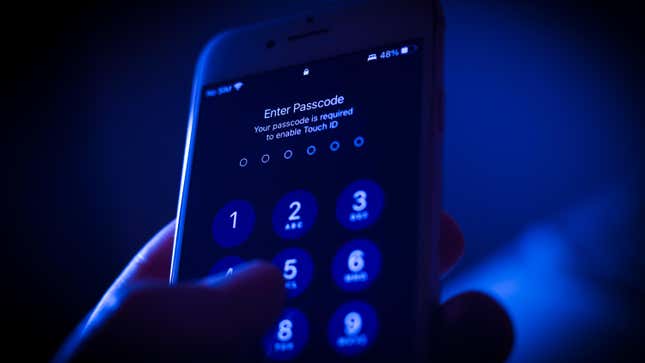
Apple’s strategy, if there was one at all, for protecting your phone’s data from theft has been pretty bad all along. If the thief can take a glance at your password before stealing your iPhone, you have handed him your entire digital life. With the iOS 17.3 beta that rolled out yesterday, the company finally added a robust system for safeguarding your data against theft.
In the current iOS version and until now, all a thief needs to get their hands on is the four or six digital passcodes you enter to unlock your iPhone. These digits are their gateway to everything on your phone: your pictures and videos, iCloud-backed data, all your passwords, and all your money.
Anyone can use your passcode to log out of or change your Apple ID, so Find My iPhone doesn’t work, too. They can also turn off Find My. Another big vulnerability is that the passcode works as a great alternative to face and touch ID, so a thief doesn’t have to worry about being unable to provide biometrics.
This is what the Stolen Device Protection feature on iOS 17.3 will change. Your iPhone will first figure out where you are. It will place some restrictions if you’re in a location that’s not your home or workplace. Firstly, you’d need to give it your Face or Touch ID when changing your Apple ID password. It will then make you enter your biometrics again after exactly an hour, and only then will you be able to change your Apple ID.
Similarly, you’d need to do biometrics and wait an entire hour to do them again to change your recovery key and iCloud keychain, where all your passwords are saved. You’d, of course, also need to do it to turn Stolen Device Protection off, too, or there wouldn’t be a point to all of this.
According to a nice, helpful table that WSJ made, these are the things you’d now need biometrics for access iCloud Keychain passwords, apply for a new Apple Card, erase all content and settings, turn off Lost Mode, send Apple Cash to a bank account, use your iPhone to set up a new device, or use payment methods saved in Safari. And these are things you’d need both biometrics and a one-hour delay for:
Change your Apple ID password, enable the recovery key, change your trusted phone number or contact, add Face ID or Touch ID, remove Face ID or Touch ID, disable Find My, or turn off Stolen Device Protection.
Again, this feature is in beta testing for now and will be available to users when iOS 17.3 is released to the public. Until then, enjoy all iOS 17.2 has to offer.